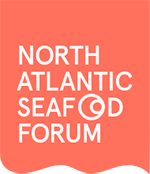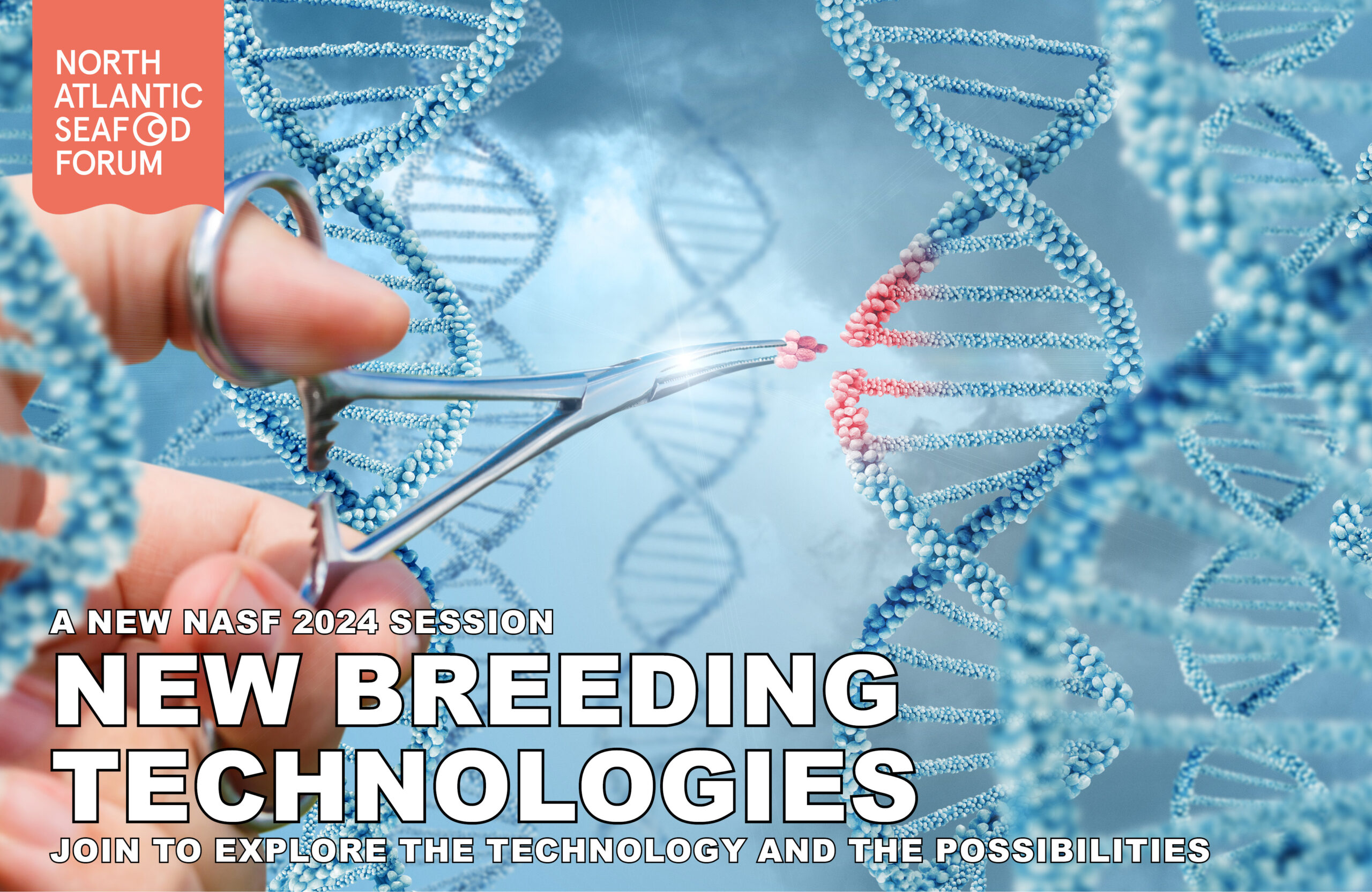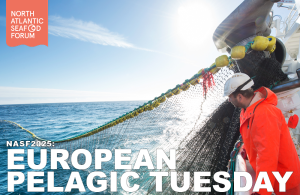New Breeding Technologies - A new NASF 2024 session
Join us for an enlightening session on the groundbreaking potential of gene editing technology in advancing fish health and sustainable aquaculture. Gene editing tools such as CRISPR enable precise and targeted genomic changes which result in desirable traits such as disease resistance and sterility.
Many leading research institutions have already showcased the power and possibilities of these new tools in salmon. Numerous ongoing projects on farmed species, such as Atlantic salmon aim to enhance resistance against sea lice, infectious diseases, and to introduce sterility in production. Likewise, Genus, a leading pig breeding company, has achieved remarkable success in conferring resistance to Porcine Reproductive and Respiratory Syndrome through gene editing techniques.
Despite the remarkable strides in research, there is not yet widespread application within commercial breeding programs. There are technical and regulatory barriers, including in Norway and the EU, currently subject gene editing to the same stringent regulations as GMOs. Moreover, consumer perceptions of food produced via gene editing must be considered. However, various countries including Norway are reviewing their regulations of gene editing, making it more likely that commercial applications will arise in the coming years.
This new NASF 2024 session offers a comprehensive exploration of this technology, its potential applications, and how regulatory frameworks might shape future competition. Experts from research, regulatory bodies, NGOs, and industry will engage in discussions, providing insights into the future application of these technologies in commercial settings.
Don’t miss this opportunity to delve into the cutting-edge developments and debates surrounding gene editing.




